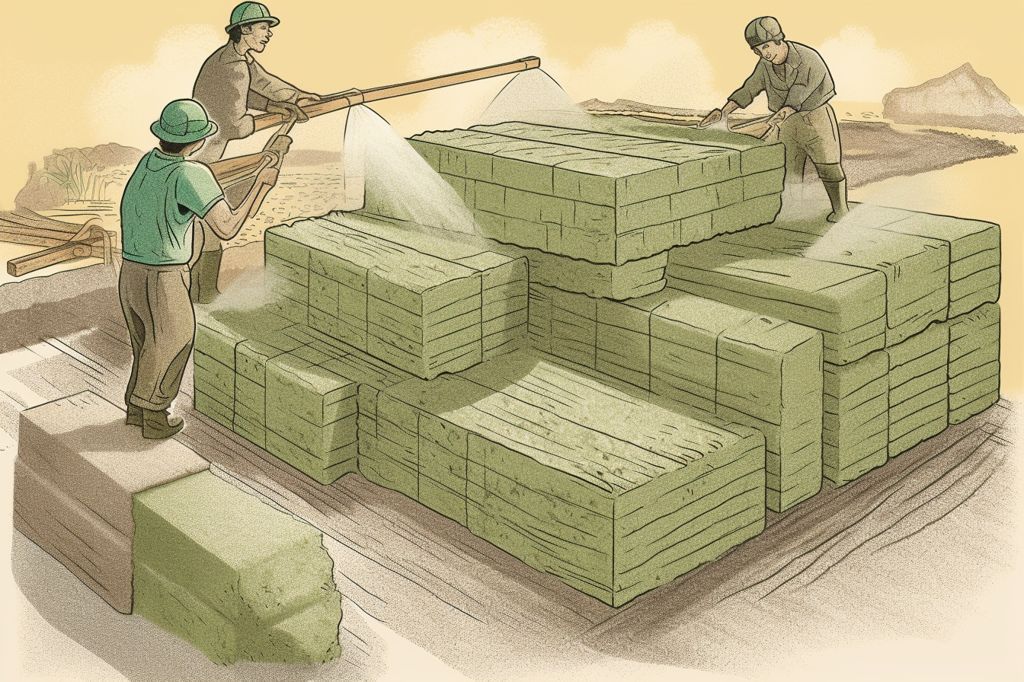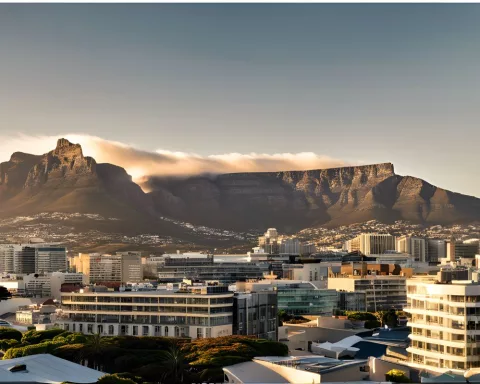Hempcrete is a sustainable and eco-friendly building material that is gaining popularity in the construction industry. The world’s tallest building made with industrial hemp, the “Hemp Hotel,” is set to open soon in Cape Town, South Africa.
Hempcrete Blocks
The 12-story building has walls constructed from hempcrete blocks, which have multiple properties of insulation, fire resistance, and a negative carbon footprint. The hemp bricks for the hotel were produced by Afrimat Hemp, a subsidiary of South African construction group Afrimat.
Production Process
The process involves mixing hemp hurds, water, and lime to create the blocks. Hemp absorbs carbon and stores it in the blocks, making them carbon negative. The use of hemp in construction is not new, with the material being used notably in Europe for thermal renovation of existing buildings.
Local Production
The industrial hemp used for the hotel had to be imported from Britain as South Africa only recently lifted its ban on local production. However, Afrimat Hemp is now preparing to produce its first blocks made only with South African hemp. The country’s president, Cyril Ramaphosa, has made developing the cannabis sector an economic priority, saying it could create more than 130,000 jobs.
Financial Feasibility
While hemp bricks are more expensive than conventional materials, the firm sees “huge opportunities” for its green bricks as the world races to lower carbon emissions. Carbon credits, which are permits usually related to the planting of trees to safeguard tropical rainforests, could help make hempcrete blocks more financially feasible.
Benefits
The carbon footprint of a 40 square meter house made with hemp is three tons of CO2 lower than that of a conventional building. Hotel architect Wolf Wolf sees hemp buildings as a game changer and not limited to wealthy customers.
Future Outlook
The Hemp Hotel is ranked as the tallest building to incorporate hemp-based materials in the world by the International Hemp Building Association. The hotel is a lighthouse project that showcases the use of hemp in the construction industry, and Afrimat Hemp is optimistic about the future of hempcrete.












